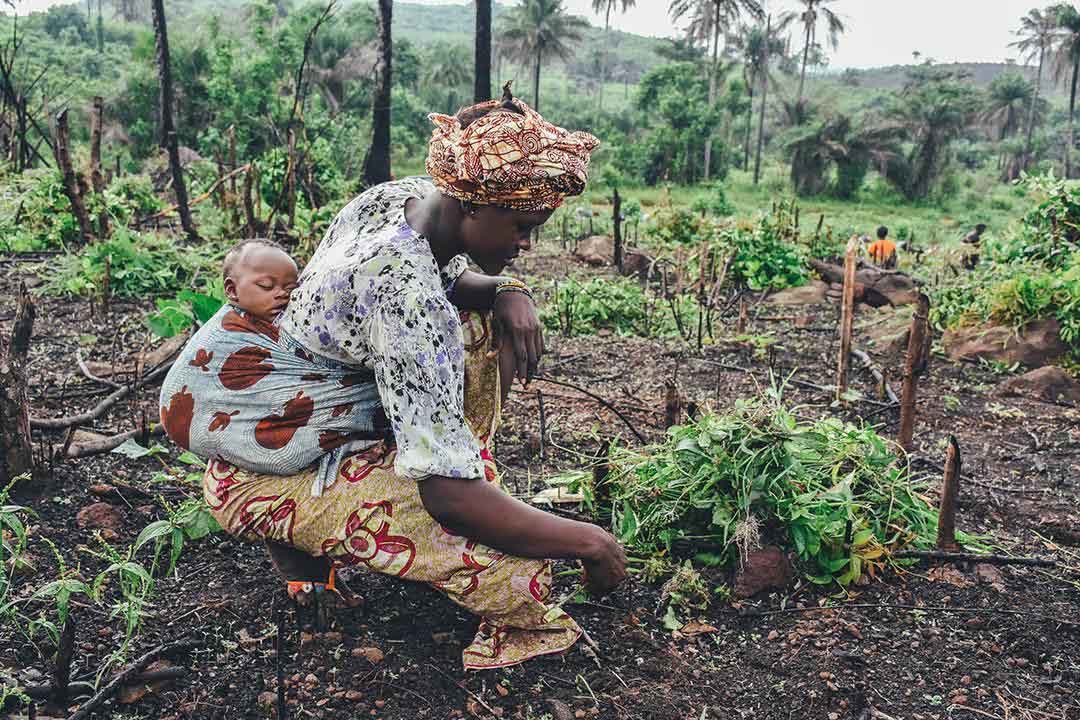Casamance, a region in the south of Senegal, is the most verdant and full of enormous agricultural resources but with armed rebellion, most women face enormous constraints to ensure their agricultural production activities. Yet they are the guarantors of food and nutritional security within their households. This prompted Kassumay LLC to implement a broad program to support rural women's associations, to strengthen gender equality and provide resources that facilitate family and community well-being.
Women, stronger than ever
Despite being disadvantaged, weakened, and marginalized, the women of Casamance remain stronger than ever and determined to meet the challenge of taking their destiny in their hands and providing for their needs through agriculture. Kassumay in its logic of supporting its community has decided to participate in the empowerment of its women, We Kassumay LLC have facilitated women's access to 50 hectares of agricultural farm to allow them to carry out their activities there, they carry out a sustainable agriculture and contribute to the protection of the ecosystem and the preservation of the environment.
Most of our Hibiscus is grown, harvested, and processed by these brave women, we buy all the Hibiscus we need from these women, with the exception that if they no longer have any, or they are out of stock, we turn to other suppliers.
10% of our net profits are donated to these women to support them and encourage them to continue to persevere and fight to preserve their dignity and take their destiny and that of their children and families into their own hands.
Why Kassumay is doing it
Known for its rich natural resources and the fertility of its soil, Casamance has long supplied the rest of the country with a glut of food. However, during colonial rule and the post-independence period, Casamance's resources were diverted for the benefit of the ruling elite, leaving the local population in extreme economic difficulties. Marginalization particularly affected the Diola majority, who differ from the rest of the country in their cultures and religious practices – an egalitarian and decentralized social system, which prioritizes women and gives them a leading role in food production.
Since 1982, the emergence of an armed rebellion movement for the independence of Casamance has given rise to twenty years of violent conflict with government forces, which led to the destruction of villages and the displacement of tens of thousands of people and the stagnation of the local economy, dynamic in the past.
After the peace agreements in the 2000s, thousands of women returned to their respective villages after several years of exile and exodus, they returned to agriculture since it is their main income-generating activity and they develop women's groups and networks to benefit from their agricultural activities.
However, various constraints persist for women farmers, such as mines that have not been cleared from rice fields, soil salinization, the burden of domestic work, illiteracy, lack of access to capital, non-inclusion in the formulation of agricultural policies and priorities at the national level, and strong pressure from government and the private sector for the adoption of farming methods that promote dependence on hybrid seeds and other external inputs.

